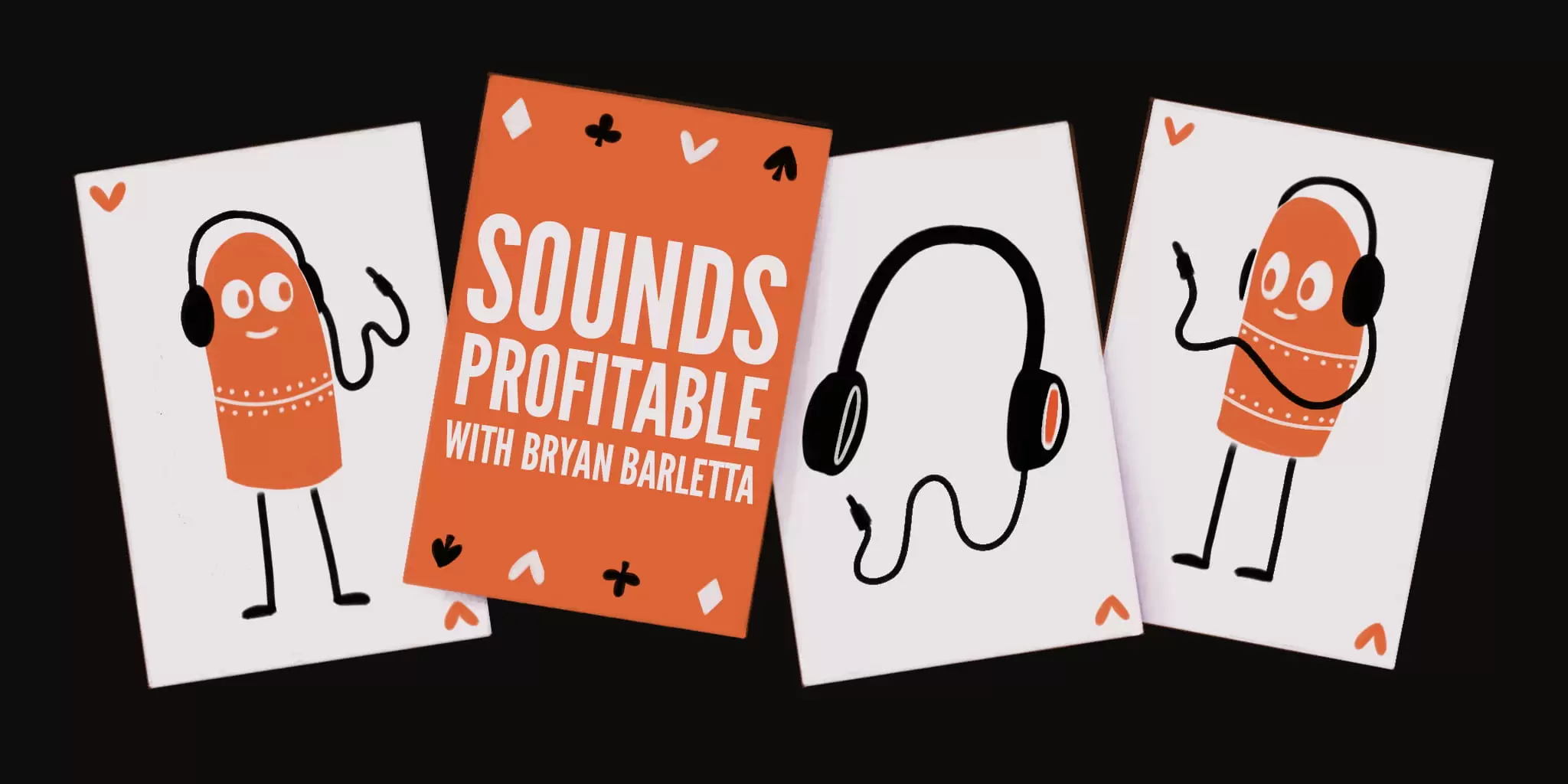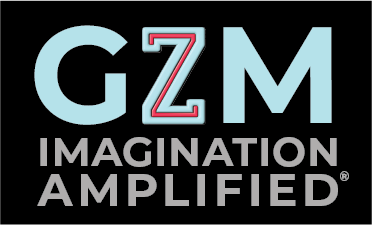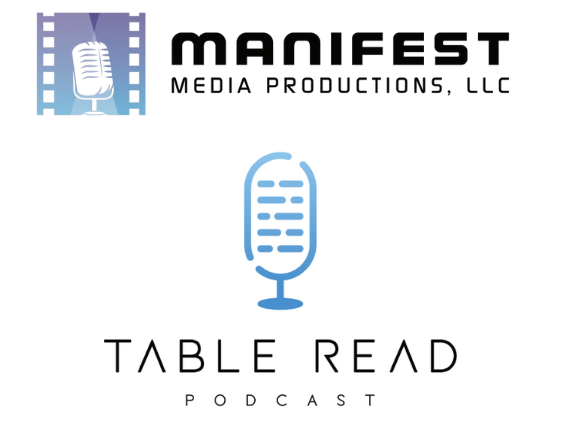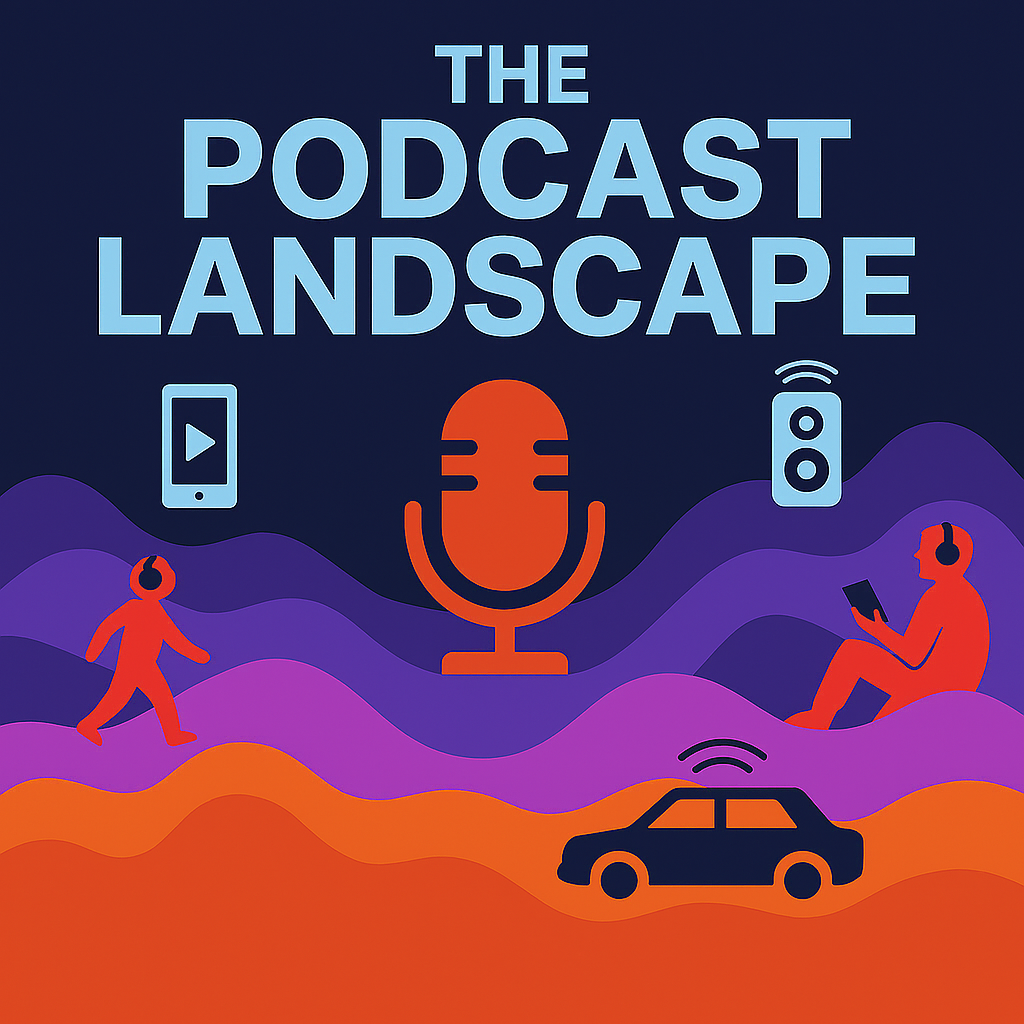Stew Redwine, Creative Director at Oxford Road joins me on the podcast this week to talk about the importance of building a good ad. We’re running a podcast listener study with Edison Research, so please listen to an episode and fill out the survey!
This week, we’re going to talk about a tough topic: the risk of losing IP addresses.
An IP address is the foundational data point used in podcasting to accurately represent downloads. That’s the only agreed-upon metric in our arsenal, so I don’t bring this up lightly.
I say this at the start because my goal has always been to educate and inform you on the ways to get the most out of podcast adtech. But today, let’s focus on the fundamentals of podcasting – and the widening gap between the big podcast aggregator apps like Apple and Spotify, and the rest of the industry.
I’m taking off the advertising hat and simply speaking about technology in podcasting. I want to remind everyone who is on what side. I want to ask you to re-evaluate your connection with the community at large and the distance at which you keep your competitors. And then I want you to put that all away and collaborate in whatever forum works best for you to help solve the coming challenge.
And that challenge is that Apple is moving towards a world void of IP addresses.
iCloud Private Relay
Every month I get a receipt from Apple for the $0.99 they charged me for the lowest tier of iCloud. I’m signed up for this because, between my wife and I, we have a lot of text messages and photos that we just don’t want to part with. I’m sure many of you can relate.
Apple has announced a new feature that both of us get just for maintaining this iCloud tier starting with iOS 15 in September 2021. It’s called iCloud Private Relay, and it’s one of a handful of consumer-focused privacy features. Private Relay is specifically focused on keeping IP addresses completely private for all activity that takes place on their Safari web browser.
“So what?” I can hear you say. “Who listens to podcasts on their iOS device, using Safari?” And that’s a good question that I’m going to answer with this: not enough to care.
iCloud is a feature built into Apple’s entire operating system, and Safari is just one of the many apps on that operating system. It would be foolish to assume that there’s no future where Apple doesn’t extend Private Relay to include every outgoing connection from their iOS devices, or even their computers.
At the core of podcast technology, not even advertising technology, is the IP address. Without it, only the podcast apps can tell you any valuable metrics about your podcast.
What We Lose With No IP Addresses
Whether your hosting platform is IAB certified or not, it’s safe to assume that they follow the IAB methodology for measuring podcast downloads. While compliance and certification are different, everyone is swimming in the same direction.
An IP address is currently the only listener identifier received when a listener downloads a podcast. A lot of what podcast tech does is to identify actual download requests and unique download requests, by combining IP address, user agent, the timestamp of the request, and the specific episode being requested.
The IAB TechLab has struggled with, and has yet to finalize, their plans for how to handle IPv6, which in short gives rotating IP addresses for each individual listener. With IPv4, my IP address at my household could remain the same until I have a power outage. With IPv6, each separate device in my household could get a new IP address every hour.
But this change Apple is talking about is the reverse.
With Apple’s Private Relay, instead of getting more IP addresses per listener, we’re looking at the same IP shared across multiple listeners. So depending on the individual’s settings, which look to allow a granularity in IP geolocation from state up to country, it could be very hard to tell apart someone in NYC from someone in San Antonio.
Without IP addresses, we don’t just lose the ability to target our listeners. We lose the ability to know how many we have.
Who Wins?
In short, the major podcast apps like Apple, Spotify, Google, and Amazon.
Each of the major podcast apps provide a portal to publishers (like Apple Podcasts Connect, Spotify for Podcasters, or Google Podcasts Manager) which share app-level statistics with that publisher. Publishers don’t own this data like they do with their hosting platforms, and hosting platforms have no easy way to ingest it for centralized reporting. At best a publisher could log into each platform and get a general idea of downloads and listens.
But none of that data is third-party validated. None of these platforms are audited or certified like the IAB certified downloads that hosting platforms and adtech companies report on. There is no obligation for those portals to be correct and even less obligation for their methodologies to match with competing podcast players.
A ‘play’ in Apple Podcasts Manager is 0 seconds or more; a ‘play’ in Google Podcasts Manager is 5 seconds or more; and a ‘stream’ in Spotify is 60 seconds or more.
Unfortunately, there’s a simple sidestep to solve that complaint: Spotify and Amazon both own IAB-certified hosting platforms. Spotify has already proven that publishers who host with Anchor or Megaphone will get access to special app-to-hosting-provider features that you just can’t get elsewhere. Will Amazon do the same with ART19? Only time will tell. And, of course, the only way to host a paid podcast subscription with Apple is for Apple to host it – completely outside of any IAB certified numbers.
Additionally, the loss of IP addresses isn’t an issue for Apple, Spotify, Google or Amazon: because every listener is logged-in anyway. Every time I listen to iHeartRadio’s Bridgewater on Apple, Spotify, Google, or Amazon, they know that I, Bryan Barletta, am listening, whether I listen using my home wifi, my cellular connection, or the hotspot in the coffee store. Regardless of how I connect, they can still target me, personally. But nobody at iHeartRadio will know anything about me: and now, not even my IP address. We’re left with a situation where the only people who can target advertising will be the owners of the podcast apps.
For some publishers, the lure of hosting in a full-stack solution within Spotify or Apple’s infrastructure will be worth migrating to, and maybe even going platform-exclusive, without receiving millions of dollars, so they don’t have to throw their hands up in the air to explain their external stats.
For others, their workload will just increase, and they’ll continue to face an uphill battle.
What Can We Do?
We need more collaboration.
We’re still a small industry. iHeartRadio’s recent financial report recently revealed that while their podcast revenue is up a staggering 152% year-on-year, podcasting is still only 6% of the company’s total income. We’ll grow the industry by working together.
On my end, I’m going to accept an invitation to join both the IAB Audio Committee and TechLab.
Complaining from the outside that I disagree with the speed or solutions provided by the IAB didn’t magically solve any problems, so I’m mature enough to know I should try another angle. These groups are comprised almost entirely of the people hurt most by these changes, and I’d like to help them solve these problems however I can.
For everyone in podcasting, I think it would be valuable to take a look at the podcast namespace and their social space. In it, you’ll see that there are a lot of eager individuals and companies looking to collaborate on technical solutions to improve podcasting and keep it open. Heck, every single point Mike Mignano of Anchor makes in his article about RSS holding the industry back has already been solved by that group. They’re thinking outside the box and they’re not solely focused on building things that need the major podcast players to receive and act on the improvements to create value. And honestly, they need more people familiar with the advertising space to be active in there, so that they build valuable solutions to actual problems.
Gathering around existing, built communities is going to drive the best results in the fastest period of time. And right now, we need that the most in this space.
Wrapping it Up
As cliche as it is, podcasting is unique.
Apple and Spotify have both taken actions that show that they want to have their own flavors of podcasting, instead of simply creating unique and best-in-class offerings on the app side that just take full advantage of all this free industry work with the RSS feed and dial-up their execution of it to 11.
Part of me hopes that’s how Amazon or Google will choose to view the space, but that might be just a bit too optimistic.
Podcasting has existed for 20 years as an open medium. It’s going to change, but that change doesn’t mean the industry itself can’t have a say in it. To have a say in it, you have to be active in the conversation, which is the focus of this entire piece.
Even if you dislike the structure of power in this space, it’s time to show up to the meetings and advocate for change. If you sit this one out, you’ve got no room to complain about it in the future.
Oh, and don’t worry about advertising and adtech, it will always survive. Let’s focus on the core metrics first.
Product Deepdive: Kevel
I’m a big advocate of buying vs building when it comes to podcast adtech, which is why I’m so happy to share Kevel with you. Kevel is an API based adserver that anyone can connect to their hosting in no time flat.
In our latest product deepdive recorded on Squadcast, Andrew Kuklewicz, CTO of PRX joins Dylan Hulser of Kevel and I to talk about the benefits of working with a third party ad server vs building it yourself. Considering PRX got Kevel up and running in under one week, we thought it would be the perfect presentation. Watch it here.
Rel’s Recs

Arielle’s pick for this week is: This is Love
This is Love is the counterweight show to Phoebe Judge’s Criminal podcast. Whereas Criminal is sharp, sometimes dark, and can make the listeners’ heart race in anticipation, This is Love is slower, warmer, and brings about a story-driven tale of love. Both shows are incredibly paced, will grip you from the start, and are must-listens. This is Love looks at the concept of love and all its manifestations through unique vignettes. I recommend starting with episode Roselle and Michael. You will cry the entire time, but it’s so worth it. This episode captures the story of Michael Hingson, a blind man who worked on the 78th floor of the North Tower of the World Trade Center on 9/11/01, and his guide dog, Roselle.
Market Insights – with ThoughtLeaders
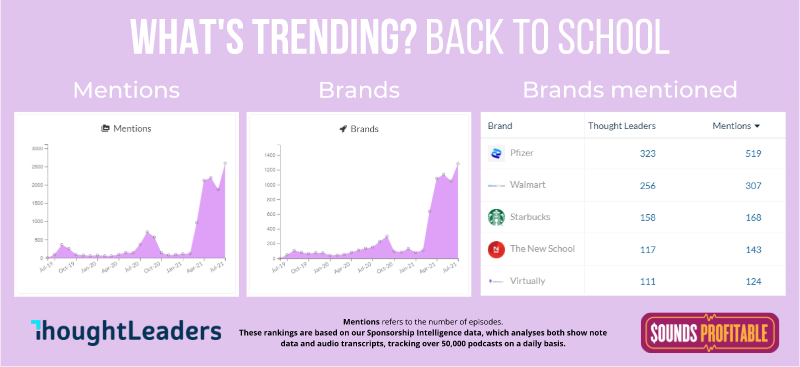
Noam Yadin, Content and Social Media Manager at ThoughtLeaders joins me this week to share insight into current trends:
We hate to be the bearer of bad news but summer is coming to an end. As the graph clearly shows, podcasts have ramped up the content about ‘back to school’ – there is almost triple the number of podcasts talking about ‘back to school’ compared to 2020 or 2019. It’ll be interesting to see whether or not the brand graph will continue to grow as we get closer to the beginning of the school year as more people will be buying new supplies.

